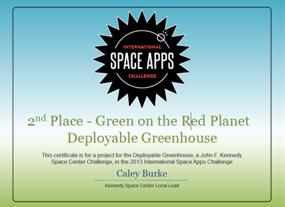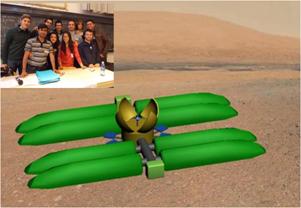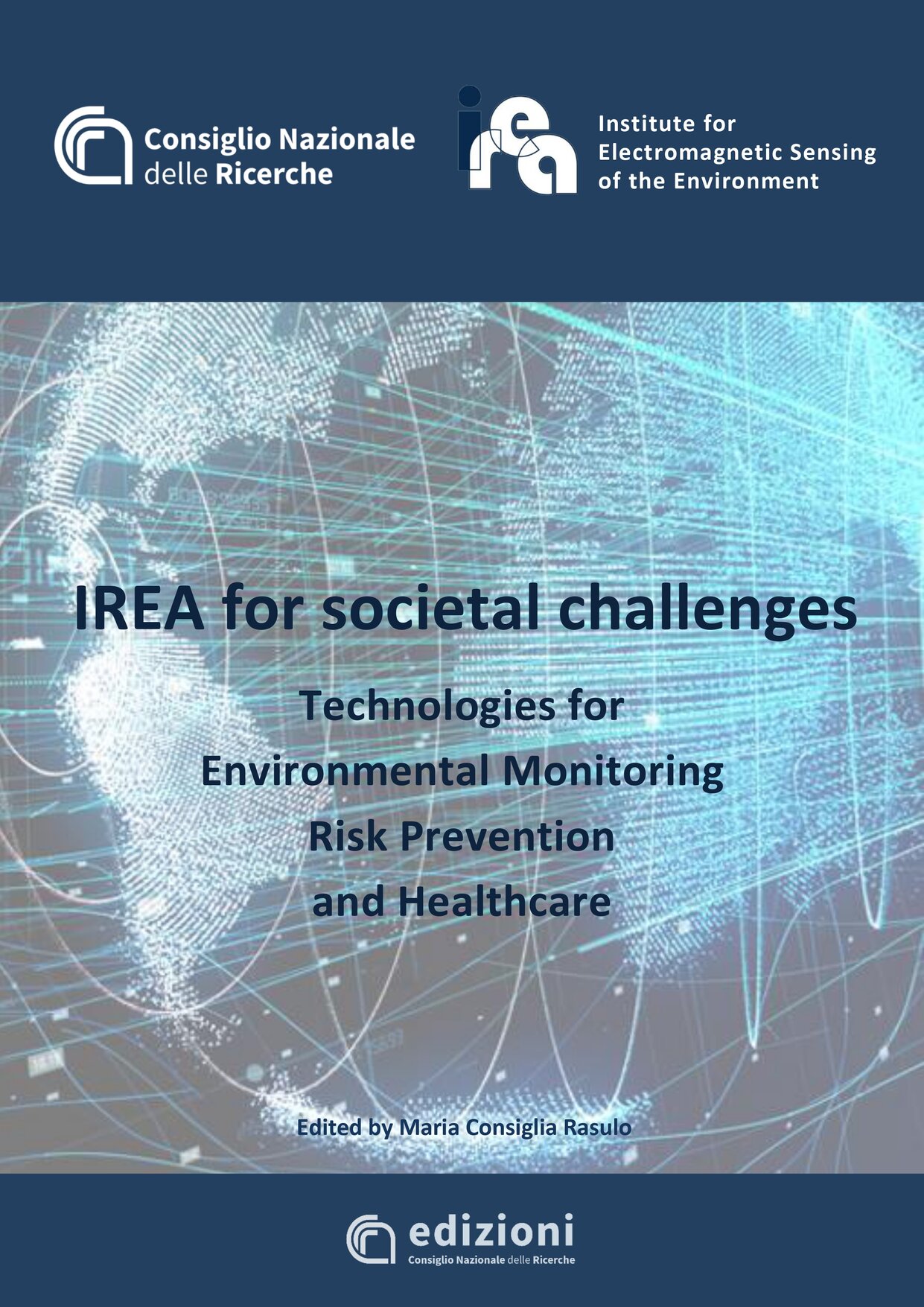
The challenge, organized by NASA and 333 partners around the world, including space agencies, research institutions and universities, was held on 20 and 21 of April, 2013 and involved about 9,000 people in 83 cities around the world. Aim of the event was producing solutions to the global needs relevant to life both on Earth and in space. The participants worked together for 48 hours, forming teams focused on solving a particular challenge. More than 770 solutions were proposed and then evaluated by a panel, consisting of representatives of NASA and other governmental and nongovernmental organizations, which chose the best solutions for different types of awards, by making criteria of judgment based on the impact, creativity, complexity, collaboration, product, sustainability and presentation of the team and its solution.
At the University of Rome 'La Sapienza' a team, made up young international people including Mr. Chandrakanta Ojha, participated to the KSC challenge under ‘Deployable Greenhouse’ with a project entitled ‘Green on the Red Planet’. Out of the 16 participating teams from Italy, the ‘Green on the Red Planet’ group obtained the first position as a local winner and achieved the 2nd place to the KSC global challenge as well.
The project concerns to the development of a modular greenhouse with rigid and inflatable elements for a self-sustainable future human base on Mars. It would be capable of providing quality and quantity of food for four astronauts during their stay on Mars and would be well equipped with automatic operating systems by exploiting energy system based on solar, wind and nuclear power to autonomous harvesting using robot farmers.




